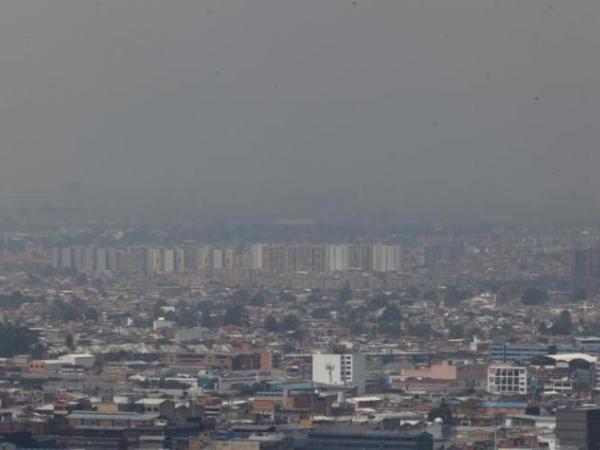William M. LeoGrande*
C
hen Russia’s deputy foreign minister, Sergei Ryabkov, warned that the impasse between Moscow and Washington over Ukraine could trigger a crisis similar to the Cuban missile crisis, not only referring to the danger of a nuclear war, which was on the verge of erupt, it also reminded Washington that Russia is not the only major power jealous of its sphere of influence. Russia has its nearby foreign zone
and the United States backyard
, as defined by the Monroe Doctrine in 1823, warning European powers to stay on their side of the Atlantic.
Last October, 60 years ago, the Soviet Union projected its military might into the Western Hemisphere by planting nuclear missiles in Cuba. Soviet Premier Nikita Khrushchev’s main goal, as we now know, was to protect Cuba from another US invasion. (The Bay of Pigs invasion had failed the previous year, and Washington had plans to try another, this time using its own troops.)
For President John F. Kennedy, this intrusion into the US sphere of influence was intolerable, not only because it posed a military threat, but also because if Washington did not defend its own neighborhood, its credibility would be called into question. For Kennedy, it was worth risking thermonuclear war to repel the Soviet incursion. Had Khrushchev not given up, agreeing to withdraw his missiles, the United States was prepared to launch a full-scale invasion of Cuba.
To this day, the United States has not bought into the idea that a hostile government, allied with a rival superpower, could exist just 90 miles off the coast of Florida. This year marks not only the 60th anniversary of the missile crisis, but also the US economic embargo against Cuba, designed to topple the island’s government and replace it with one more to Washington’s liking. As John Bolton, Donald Trump’s national security adviser, candidly proclaimed, the Monroe Doctrine is alive and well
.
However, the Biden administration does not seem to recognize its great power arrogance. We can’t go back to a world of spheres of influence
Secretary of State Antony Blinken told CNN, lambasting Russia for its attempts to exert influence over former Soviet states. We will not endorse that
. Apparently he hadn’t read the US Southern Command’s annual position statements for the past decade, each of which defines the growing influence of Russia, China and Iran as one of the top threats the United States faces in the Western Hemisphere. The 2021 version elevates these meddlers to a collective name: external actor states (EAEs): external to the US sphere of influence.
When Russian diplomat Sergei Ryabkov suggested that Russia might increase its military posture in Cuba and Venezuela in response to the US build-up in Eastern Europe, Washington’s warning was unequivocal. Any Russian attempt to place missiles in Latin America would be a aggressive action
declared the ambassador to the United Nations, Linda Thomas-Greenfield, and would be received with a strong response
. If Russia moves in that direction
National Security Advisor Jake Sullivan said, we would face it decisively
.
Biden officials do not seem to grasp the irony of defending an American sphere of influence while condemning Russian claims to their own. Not much has changed in the 60 years since the missile crisis, when Soviet missiles in Cuba were, by definition, weapons offensive
, while those of the United States in Turkey were only defensive
.
If President Joe Biden is serious about replacing spheres of influence with what Secretary Blinken called a rules-based international order
, in which small states can decide their future, free from coercion by powers, can start in their own backyard. The US policy of regime change towards Cuba, based on economic coercion and subversion – a policy that Biden inherited from Donald Trump and remains unchanged – has not worked for more than 60 years. Replacing it with a policy of consensus and coexistence would set a good example for President Putin in his neighboring area.
* Article originally published by Aulablog, from the Center for Latin American and Latino Studies of the American University. William M. LeoGrande is a professor of government at that university and co-author with Peter Kornbluh of Back Channel to Cuba: The Hidden History of Negotiations between Washington and Havana (University of North Carolina Press, 2015).








